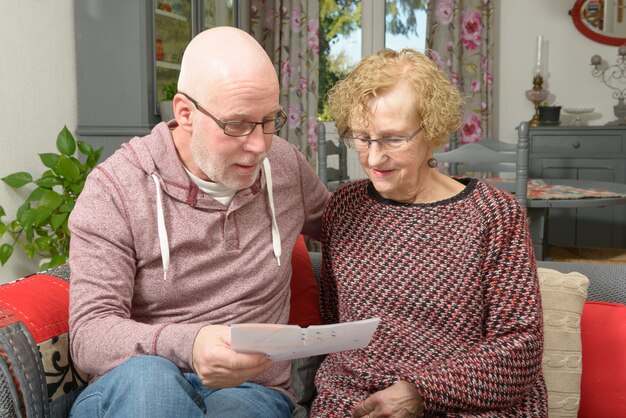Your Guide to Does Parkinson's Disease Affect Speech
What You Get:
Free Guide
Free, helpful information about Parkinsons FAQ and related Does Parkinson's Disease Affect Speech topics.
Helpful Information
Get clear and easy-to-understand details about Does Parkinson's Disease Affect Speech topics and resources.
Personalized Offers
Answer a few optional questions to receive offers or information related to Parkinsons FAQ. The survey is optional and not required to access your free guide.
How Parkinson's Disease Affects Speech and Where to Find Support
When one hears the term Parkinson's Disease, thoughts of tremors and movement difficulties often come to mind. However, an often overlooked but significant symptom of Parkinson's is its impact on speech. As the disease progresses, communication can become increasingly challenging, affecting not only the individual's ability to express themselves but also their social interactions and overall quality of life.
Understanding Speech Challenges in Parkinson’s
As Parkinson’s affects the nervous system, the muscles involved in speaking can become rigid or experience involuntary movements. This can result in hypokinetic dysarthria, a motor speech disorder characterized by:
- Monotone voice: The ability to modulate pitch and volume diminishes, making speech sound flat.
- Reduced volume: Often, speech may become softer as the muscles weaken.
- Slurred or mumbled speech: Articulation can fail due to limited movement and coordination in the mouth and face.
- Variable speaking rate: Some people may speak in bursts, starting quickly, then slowing down.
These changes can be unsettling, but it's crucial to acknowledge them as common symptoms that many with Parkinson’s face. Speech therapy can be a valuable tool, often incorporating exercises and techniques to help optimize the clarity and strength of speech.
Exploring Solutions and Support
Dealing with speech difficulties requires more than just professional intervention. It's about creating an environment that encourages involvement and offers practical aid. There are several avenues for support, especially when it comes to financial assistance for those with Parkinson’s:
Government Aid Programs
Medicare and Medicaid can aid in covering the costs of necessary therapies, including speech therapy. It’s important to check eligibility and coverage specifics, as these can vary.
Financial Assistance
There are various nonprofit organizations dedicated to helping individuals with Parkinson’s manage the economic burden associated with treatment. Explore resources that provide grants specifically for therapies and caregiver support.
Debt Relief and Credit Solutions
Financial strain may accompany the cost of care for Parkinson’s, leading to debt concerns. Debt relief programs or credit counseling services can provide strategies to better manage finances.
Educational Grants
For families and caregivers, educational grants might be available to understand better and support individuals with Parkinson’s. These can facilitate continued education and training in managing the disease’s impact.
Final Thoughts
Life with Parkinson’s brings challenges, but awareness and proper support can significantly enhance quality of life. Understanding speech issues and engaging in solutions—especially financial assistance options—are critical steps toward adapting and thriving despite the condition.
Resources for Financial and Educational Support
- 📚 Educational Grants: For training in Parkinson's caregiving and management.
- 💰 Medicare/Medicaid: Coverage for therapies and medical needs.
- 🤝 Nonprofit Grants: Financial support for those living with Parkinson’s.
- 💳 Credit Counseling Services: Managing debts related to healthcare costs.
- 🏠 Local Support Groups: Community-focused aid and resources.
By seeking out these resources, individuals with Parkinson’s and their families can find pathways to both manage the disease and enhance their quality of life.
What You Get:
Free Parkinsons FAQ Guide
Free, helpful information about Does Parkinson's Disease Affect Speech and related resources.

Helpful Information
Get clear, easy-to-understand details about Does Parkinson's Disease Affect Speech topics.

Optional Personalized Offers
Answer a few optional questions to see offers or information related to Parkinsons FAQ. Participation is not required to get your free guide.


Discover More
- Are There Environmental Causes Of Parkinsons
- Can Alcohol Cause Parkinson's
- Can Concussions Cause Parkinson's
- Can Concussions Cause Parkinson's Disease
- Can Dogs Get Parkinson's Disease
- Can Dogs Get Parkinsons
- Can Dogs Have Parkinson's
- Can Dogs Have Parkinson's Disease
- Can Females Get Parkinson Disease
- Can Head Trauma Cause Parkinson's
